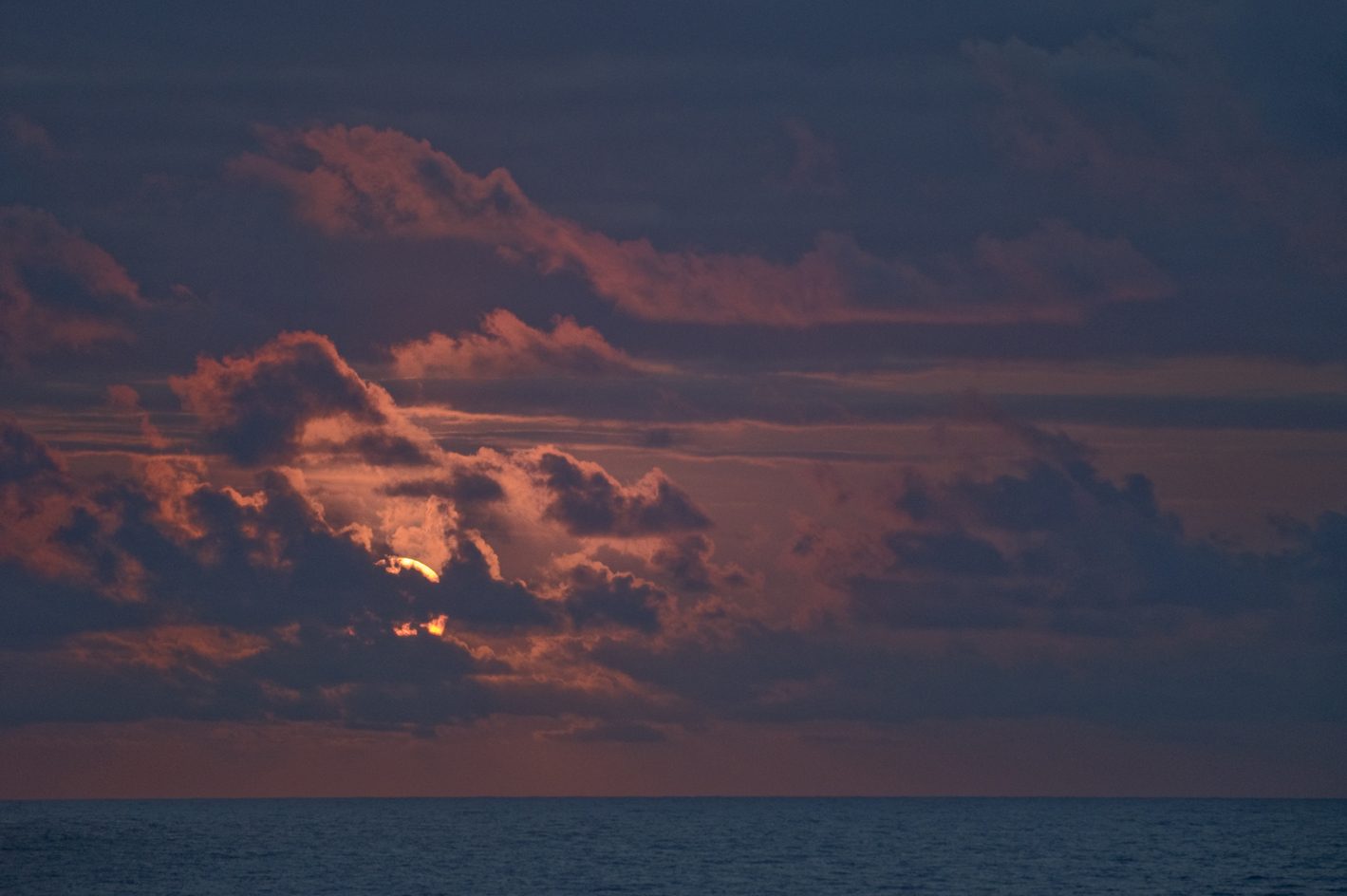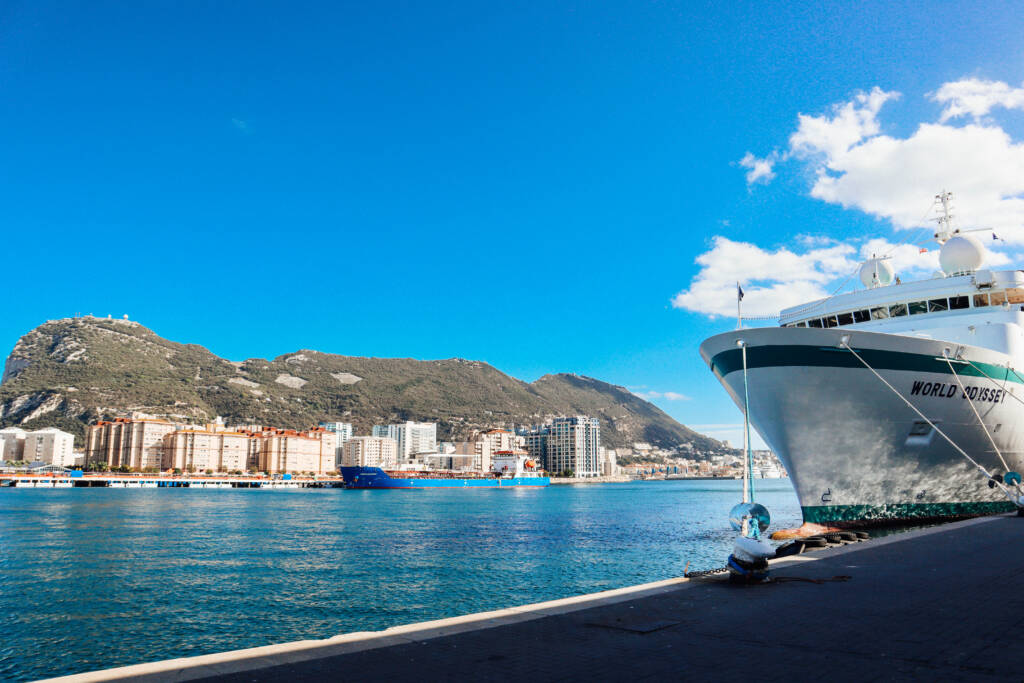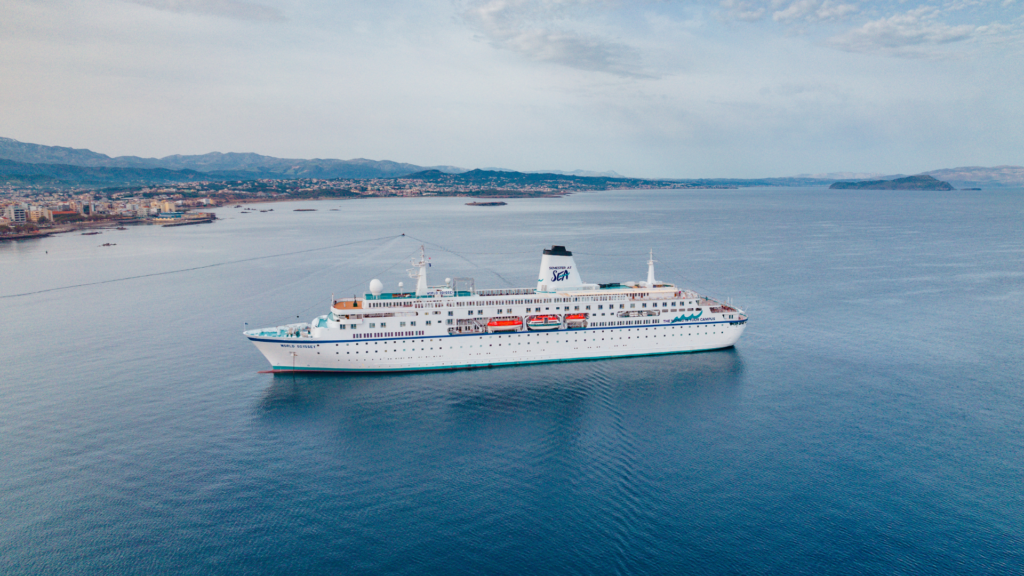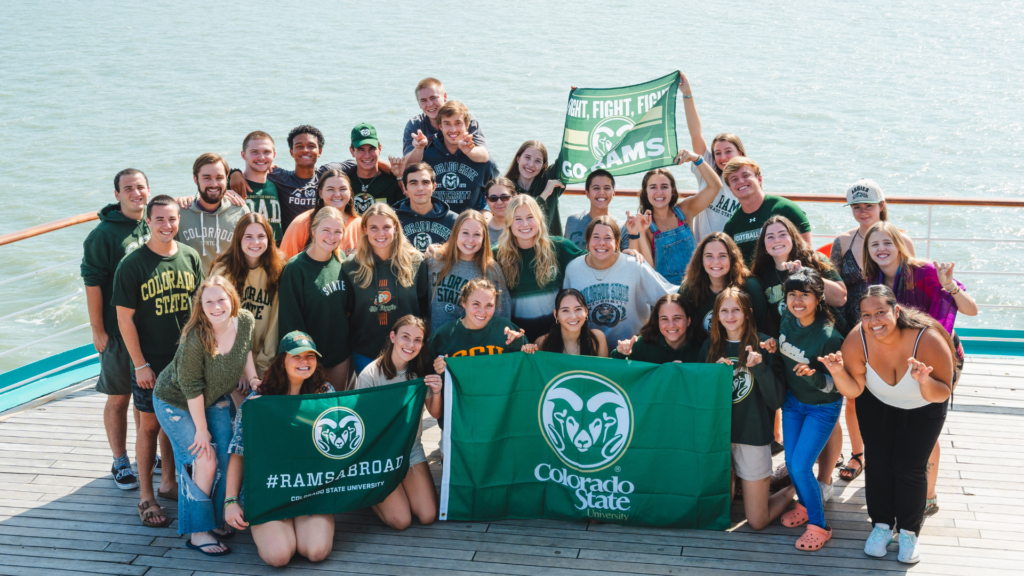Located in the Caribbean Sea, nestled between the islands of Guadalupe and Martinique, is the small island nation of Dominica. Dominica is unique in ways historic, demographic and geographic.
Carib – or Kalinago РIndians
It is the only Caribbean nation still home to an indigenous Carib population, the peoples who resided on the island when Christopher Columbus landed there in 1493. Today, they are officially recognized as the Kalinago Indians, as the name “Carib” is associated with cannibalism, which their ancestors never practiced. The Kalinago successfully staved off European settlement for centuries.
Colonization
France eventually claimed it as its own, but lost possession of the island to the British in 1763. As a result, the national language is English, but many citizens still speak a French-creole. In 1838, following the abolition of the slave trade, Dominica became the first British Caribbean colony to have a Black-controlled legislature; however, it was not until 1978 that the nation was granted independence from the United Kingdom.
Dominica’s Ecology
Dominica is a unique ecological destination. Its mountainous terrain discouraged significant early European settlement and in some ways hampered economic development, but also preserved the island’s natural beauty. Large swaths of tropical forest, including one designated as a UNESCO World Heritage site, offer opportunities to explore pristine eco-systems and wildlife. As a volcanic island, Dominica also boasts numerous waterfalls, hot springs, and unique offshore geologic formations. Its coastal waters support habitats for numerous species of whales, as well as coral reefs.
The capital city of Roseau, Dominica is the first port on the voyage itinerary for the current academic term. While visiting this city, Semester at Sea participants are invited to take part in an array of activities designed to complement their coursework, enrich their experience, and take advantage of the singular opportunities this island offers. Students may choose to:
- go on a river excursion
- embark on a whale-siting trip
- observe Kalinago craftspeople demonstrating their skills
A variety of Faculty-Directed Practica are also offered, giving students the opportunity to apply what they learn in the classroom and enjoy a more hands-on educational experience. A day-trip to a Kalinago community, for example, gives students a chance to
- meet and learn from Dominica’s indigenous people
- participate in traditional, daily activities
- partake in locally-produced refreshments
Other students may choose instead to spend a day examining small-scale fishing and agricultural operations, to observe local practices and examine their impacts on the local and national economies.
Dominica offers a plethora of fascinating and unique opportunities to explore a virtually untouched natural landscape and marine environment, as well as learn directly from its people the cultural, political, and economic history that shapes its present and future. From this experience, students begin to gain an understanding of how natural and human forces affect present-day relationships within the Caribbean region, and internationally.



